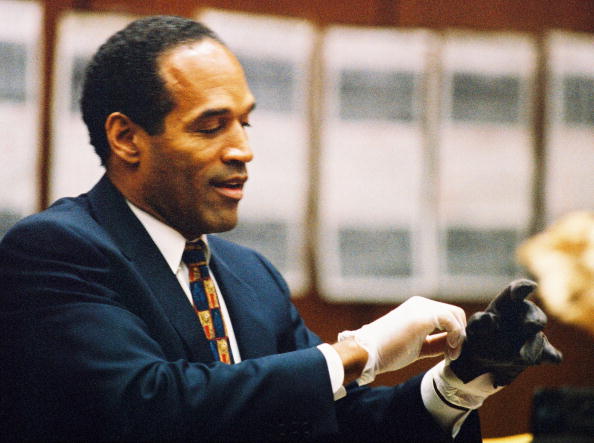WASHINGTON — Democrats are still struggling to find a strategy that will let them push a health care overhaul through the Senate and fulfill President Barack Obama’s goal of signing a bill this year.
A day after Majority Leader Harry Reid announced that the Democratic bill would include the option of a government insurance plan, moderates in his own party lost no time Tuesday in voicing their displeasure. Reid, D-Nev., needs every Democrat to break the filibusters Republicans are vowing to mount. But some of the moderates refuse to say whether they’ll stick with their leader on procedural votes, let alone those on the merits of the bill.
RELATED: Senate Health Care Bill Includes Public Option
“We are a long way from reaching conclusion,” said Budget Committee Chairman Kent Conrad, D-N.D.
Speaker Nancy Pelosi is in a similar position in the House. Efforts to draft a consensus health care bill for a vote have been stalled for more than two weeks because of disagreements among Democrats.
There are nine weeks left in the year to deliver a bill to Obama’s desk.
Intense days and nights lie ahead, said Sen. Bill Nelson, D-Fla. Senators who don’t like the bill will find themselves the focus of a “prayer session,” said Nelson. “They will pray that the retribution of God doesn’t come down on them,” he joked.
RELATED: Meet Dawn Smith, Latest Victim Of Flawed Health Care
Nonetheless, moderate Democratic senators who control the balance of power on health care were holding their ground. Republican opposition stiffened, and party leaders announced they would attempt to strangle the bill before formal debate begins.
Despite the obstacles, senior Democrats cast Reid’s draft legislation as a turning point. Sen. Max Baucus, D-Mont., chairman of the Senate Finance Committee, said there is now a “sense of inevitability … that, yes, we’re going to pass health care reform.”
The government insurance option long ago emerged as the biggest flashpoint in both the House and Senate as Democrats try to pass legislation that extends coverage, bans insurance practices such as denial of coverage because of pre-existing medical conditions and slows the growth of health care spending nationally.
But before any substantive issue can be joined on the Senate floor, Reid’s first challenge is to gain 60 votes — the number needed to overcome a filibuster by Republicans — just to bring the bill up, a parliamentary maneuver so routine that a vote is rarely required.
But Sen. Mitch McConnell of Kentucky, the Republican leader, announced that in this case, even procedural votes will count. That’s because, in his view, the underlying bill would “cut Medicare, raise taxes and increase health insurance premiums.” He suggested Democrats could expect campaign commercials next year on the basis of the vote and recalled that Sen. John Kerry, D-Mass., was ridiculed in his 2004 presidential campaign for having once said he voted for a bill before he voted against it.
Sen. Tom Carper, D-Del., said he may seek changes on the Senate floor, a move likely to be welcomed by moderates. He backs a government role in states where one or two insurers control the market and premiums are high, along the same lines as a plan supported by Sen. Olympia Snowe, R-Maine.
That general approach, in which a lack of competition in an individual’s state would trigger a government insurance option, “is still alive,” said Sen. Kent Conrad, D-N.D.
While Reid is expected to eventually secure all 60 Democratic votes on the critical first test to bring the bill to the Senate floor, Sens. Ben Nelson of Nebraska, Mary Landrieu of Louisiana, Evan Bayh of Indiana and Blanche Lincoln of Arkansas all declined to say on Tuesday how they would vote.
In an indication of the pressure Reid faces, Bayh said the majority leader had agreed to cut an earlier proposal for a $40 billion tax on medical device makers.
“He significantly modified that proposal in a way that I understand will not impact thousands of good-paying jobs,” said Bayh, whose state is home to Guidant Corp., a maker of cardiovascular devices, among other major industry players. Numerous officials said Reid had agreed to reduce the new tax to $20 billion over a decade. The officials spoke on condition of anonymity because no announcement had been made.
In the House, the principal stumbling block is disagreement among Democrats over how to set fees for doctors, hospitals and other health care providers participating in the public insurance plan.
Liberals want the government to set the rate unilaterally, pegged to the charges the government pays Medicare beneficiaries. Moderates want the government to negotiate with the providers in setting fees.
Pelosi favors the approach liberals want, but officials say she has all but concluded she cannot gain the necessary majority of 218 votes for it.
House Democrats also must resolve internal disagreements relating to abortion services and health care for immigrants before they can send the bill to the House floor for a vote.
















